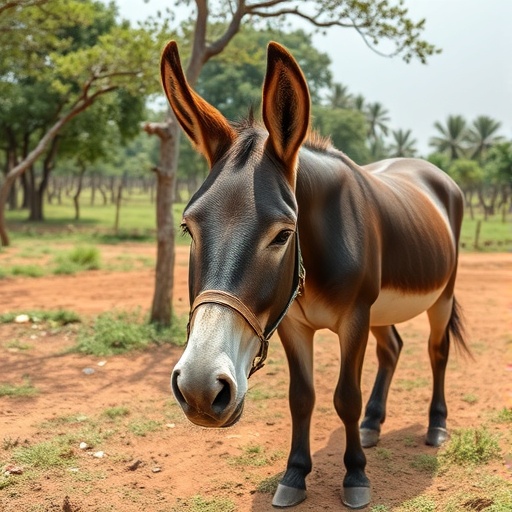Dust, Dirt, and Donkeys: The Hidden Struggle of Kenya's Hardest Working Animals

In the sweeping, pastel-painted landscapes of Kenya, donkeys are far more than mere beasts of burden—they are lifelines that weave through the fabric of rural communities. These resilient animals play a critical role in connecting people with their most fundamental needs, bridging economic survival and daily transportation across challenging terrains.
A groundbreaking study by J.M. Kithuka illuminates the intricate relationship between humans and working donkeys, revealing a complex tapestry of interdependence. These humble animals are not just silent workers, but essential partners in Kenya's rural economic ecosystem. They transport water, agricultural produce, firewood, and other vital resources across distances that would be insurmountable for humans alone.
The study highlights the profound symbiosis between donkey owners and their animals, demonstrating that the welfare of these creatures is intimately linked to the economic sustainability of entire communities. By understanding and improving the conditions of working donkeys, researchers are not just enhancing animal welfare, but also supporting the economic resilience of rural Kenyan families.
From the dusty trails of remote villages to the agricultural heartlands, donkeys continue to be unsung heroes—quietly powering local economies and transforming lives with their unwavering strength and endurance.








